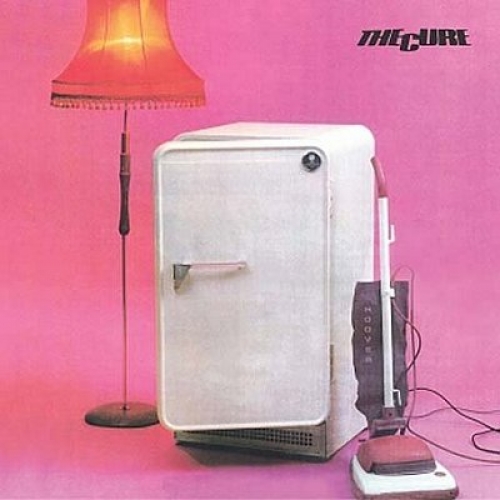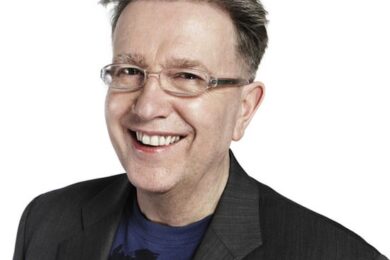4. The CureThree Imaginary Boys

I was first exposed to The Cure when I saw them on the main stage at Reading. They were the first band on in the afternoon at the 1979 festival, playing to almost nobody. They were just three imaginary boys standing up there like three little snotty oiks. Very amateur in their whole approach, but with these amazing songs!
‘Killing An Arab’/‘10:15 Saturday Night’ was just right. We’d had punk which was full of sound and fury. If you had a three-piece band and you needed to make noise on a festival stage, you just cranked the amps up and went “jabababa” to try and fill out the sound. But they left space in the sound – it was all about what they didn’t play. Smith had amazing vision as a teenager, and this amazing guitar technique on his old Fender Jazzmaster, that wasn’t like anything – it wasn’t like Eric Clapton or Steve Jones from the Pistols, it was like something completely new.
Many years later I was at a festival in Italy – a big TV festival where they had a lot of British bands. Everybody had to go on and mime to one of their songs in an old opera house full of two thousand screaming Italian girls, while TV cameras barged around on the stage. It was complete chaos. I was in the wings and Robert Smith was about to go on, and he just turned to me and he said: “Looks like it’s going to be complete bedlam out there. I do hope so.” [laughs]. He went out and he started half-heartedly miming to his song and pretending to play the guitar. After a bit he just took off the guitar and dropped it and carried on wandering round the stage, just enjoying the fact that it was complete shambles. But it was wonderful.
The great joy of The Cure is that Robert Smith manages to combine razor-sharp musicianship, first-rate song writing and that wonderful sense of the absurd and the anarchic and the fun. You can see why he wasn’t happy with the album. In those days particularly, producers ruled everything. There was no question of artists producing themselves, and home studios were completely unaffordable. The only possibility of letting a bunch of teenagers make a record on a major label was if you had a record label-approved producer who bossed them around, told them what to do and how their record ought to sound.
Robert Smith was around 19 when he made that album. He knew perfectly well what the record ought to sound like. I love his singing – it’s him, it’s his personality. If Tom Waits or Bob Dylan turned up unknown to an audition as a vocalist for a band anywhere in the country, they would get laughed out of the room. But on the other hand, people pay $200 a piece for tickets to go and see them. It was the same with Robert Smith. It wasn’t about the vocal pyrotechnics or being the perfect vocalist. He was the perfect Smith.


